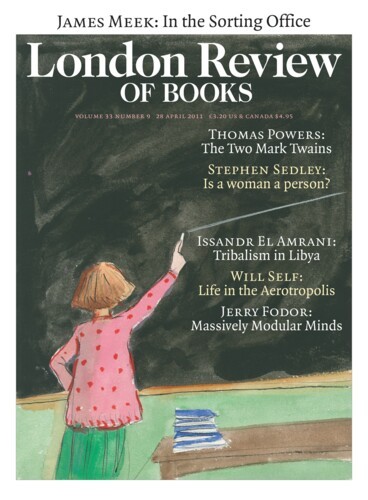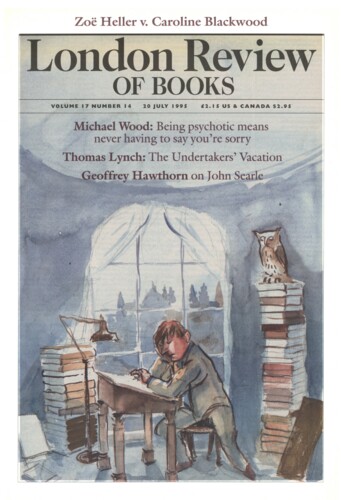Never Mind the Bollocks: Brains and Gender
Hilary Rose and Steven Rose, 28 April 2011
Aristotle affirmed the essential difference between the sexes: men’s brains were bigger, women were more inconstant, emotional and compassionate, at least in part because they do not produce semen – whence men’s and women’s different behaviour and place in the social order. Symbolically, at least, biology’s long, continuing and often lamentable history of using...



